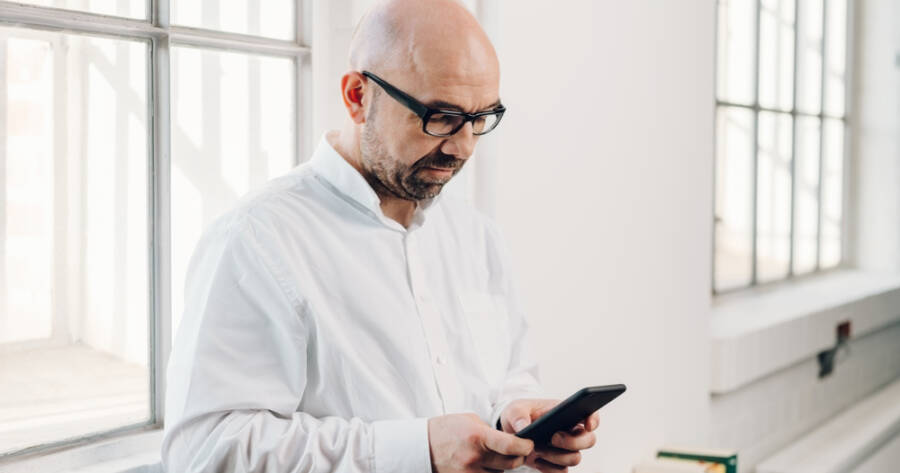More people are questioning how much time they spend on their smartphones. Between endless notifications, social media scrolling, and the pressure to always be online, digital fatigue is becoming a real concern. In response, a quiet shift is happening: the rise of minimalist phones. Simple, stripped-down devices are gaining popularity among those looking for more peace, focus, and balance. They don’t aim to do everything — and that’s exactly why they’re catching on with Europe’s growing digital detox community.
Less Tech, More Time
Minimalist phones are designed with a single goal: to reduce distractions. Unlike standard smartphones, these devices often skip features like app stores, social media access, and complex settings. Many offer just the basics — calling, texting, alarms, and perhaps navigation or music. The idea is to give users what they need without all the extra noise.
For people overwhelmed by digital overload, minimalist phones offer relief. They help users reclaim control over their time and attention. Instead of reaching for the screen every few minutes, people find themselves more present in their daily lives — talking to friends face-to-face, enjoying nature, or simply focusing better at work.
This movement is especially appealing in Europe, where many countries already value slow living, balance, and thoughtful technology use. From rural towns to busy capitals, people are looking for tools that support a more mindful way of life.
A New Kind of Status Symbol
In a world where having the latest phone often signals success, choosing a minimalist device can feel radical. But for many, this choice reflects a different kind of value — one based on clarity and intention rather than trends and constant updates.
Minimalist phones have become a symbol of control. Owning one says, “I’m choosing what matters to me.” This resonates strongly with younger generations across the EU, particularly those involved in environmental, mental health, and ethical tech movements.
Some users carry a minimalist phone as their main device, while others use it on weekends or during holidays to create intentional breaks from the digital world. Either way, the choice is deliberate, and it reflects a broader cultural shift toward simplicity and wellbeing.
Tools for Focus and Mental Health
There is growing awareness that too much screen time can harm mental health. Studies have linked excessive phone use to anxiety, poor sleep, and reduced attention spans. Minimalist phones offer a way to reset habits and improve emotional wellbeing without cutting off communication entirely.
Many users report feeling less anxious when they don’t have access to constant updates, news alerts, or social media notifications. They sleep better, focus more easily, and enjoy conversations without the itch to check their phones every few minutes.
For people trying to set boundaries with technology — whether for personal growth, productivity, or mental health — minimalist phones offer structure. They remove the temptation and create a digital environment that supports rather than disrupts peace of mind.
Popular Minimalist Phones Leading the Shift
Several minimalist phone models have emerged as favourites among Europe’s digital detox crowd, offering essential functions without the distractions of social media, endless apps, or notification overload. The Light Phone II is a frontrunner, known for its sleek e-ink screen and ability to handle calls, texts, and music — nothing more.
Punkt MP02, designed in Switzerland, appeals to those seeking a sturdy, design-forward device with secure messaging and long battery life. Meanwhile, the Nokia 2660 Flip combines retro charm with simplicity, offering basic functionality in a compact foldable design. These models reflect a growing desire to reconnect with life offline — without sacrificing core communication.
Simple Is the New Smart
Minimalist phones are more than a trend — they’re a response to a growing need for clarity, calm, and control in a noisy digital world. For many in Europe, choosing a device that does less isn’t about rejecting technology but about using it more wisely.
By stripping away the extras, these phones help people reconnect with what really matters: real conversations, uninterrupted moments, and a healthier relationship with technology. As digital detox culture continues to grow across the EU, minimalist phones are proving that sometimes, less really is more.

